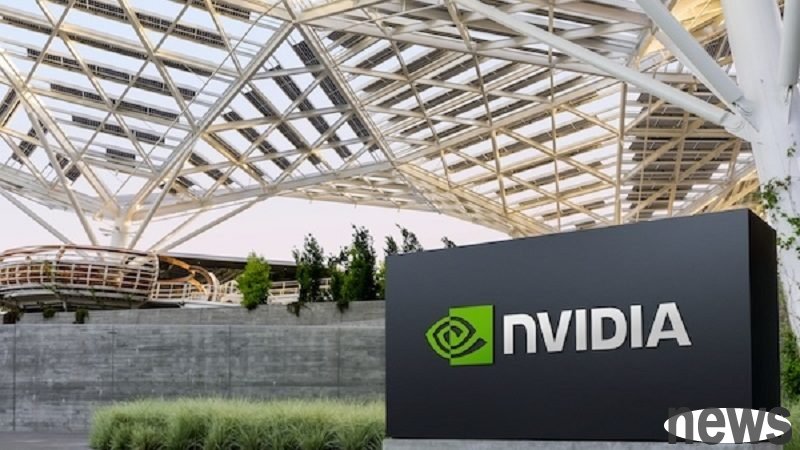After China announced that GPU manufacturer NVIDIA violated the anti-resistance law, both Samsung and SK Hynix in South Korea were in a panic, as it may affect the resumption of exports to NVIDIA's H20, and may also drag the order for the new Bl...

After China announced that GPU manufacturer NVIDIA violated the anti-resistance law, both Samsung and SK Hynix in South Korea were in a panic, as it may affect the resumption of exports to NVIDIA's H20, and may also drag the order for the new Blackwell chip designed for the Chinese market into the water, hitting Samsung and SK Hynix.
Korean media said that on the 15th, the China National Market Supervision and Administration General Administration announced through its official social media account, and preliminary investigations showed that NVIDIA violated the "Anti-Resistance Law of the People's Republic of China" and the "Announcement of the National Market Supervision and Administration General Administration General Administration on the Approval of NVIDIA's Acceptance of Mellanox's Shares" on Additional Conditions. The Market Supervision Bureau decided to conduct further investigations in accordance with the law.
In 2019, NVIDIA purchased Israeli semiconductor design company Mellanox Technologies for US$6.9 billion, and approved by the Chinese authorities. Its condition is that NVIDIA must continue to supply graphics processors (GPUs) and network equipment to China. However, the Chinese government changed its position in December 2024 and announced an investigation into NVIDIA's alleged violation of the anti-corruption law, and released the results of the investigation about 10 months later.
Although this anti-resistance investigation is not directly related to the export of artificial intelligence accelerator, NVIDIA's Chinese business is of course somewhat limited. The Trump administration in the United States banned exports in April, the NVIDIA's reduced version H20 designed for the Chinese market, and changed its venue to resume exports in August. Relevant news pointed out that the Chinese government has issued a guideline to restrict Chinese companies from using NVIDIA H20 and to regulate government or national security use. With this anti-resistance investigation, it is estimated that H20 export volume will be difficult to restore the previous level.
If the inventory of H20 increases, Samsung and SK Hynix that supply HBM may be affected. The NVIDIA H20 uses Samsung HBM3 and SK Hynix HBM3E. Each H20 display card contains six HBMs, and Korean companies supply more than 90%. NVIDIA lost $4.5 billion in the second quarter due to the increase in H20 inventory. If sales were normal in the second quarter, NVIDIA would have increased revenue by $8 billion, which means the more H20 inventory increases, the greater the impact it will have on HBM sales, a Korean company.
Korean industry predicts that even if the H20 export path is not opened immediately, it will not cause a sudden decline in efficiency. Since the beginning of the year, some H20 HBM3 production has been transferred to HBM3E, and large American technology companies have increased their facility investment, etc., and the demand for HBM3E remains stable. Fortunately, Samsung has not yet supplied NVIDIA HBM3E products, and SK Hynix has also sold out this year. Industry insiders said that Korean semiconductor companies are in a US-China conflict and must pay close attention to their development.